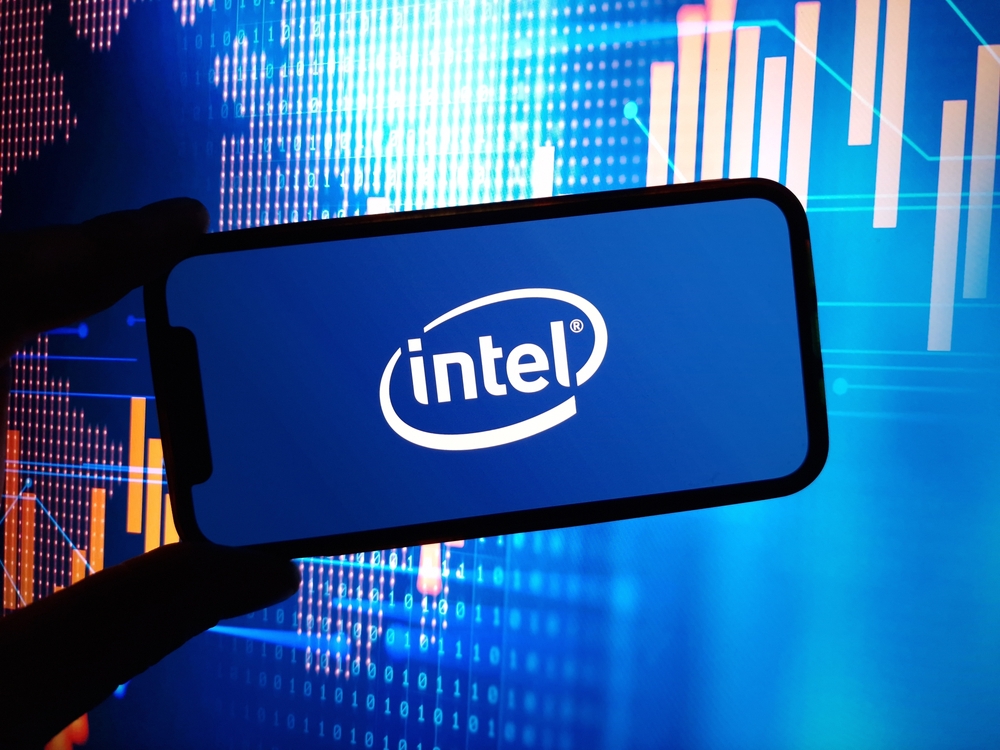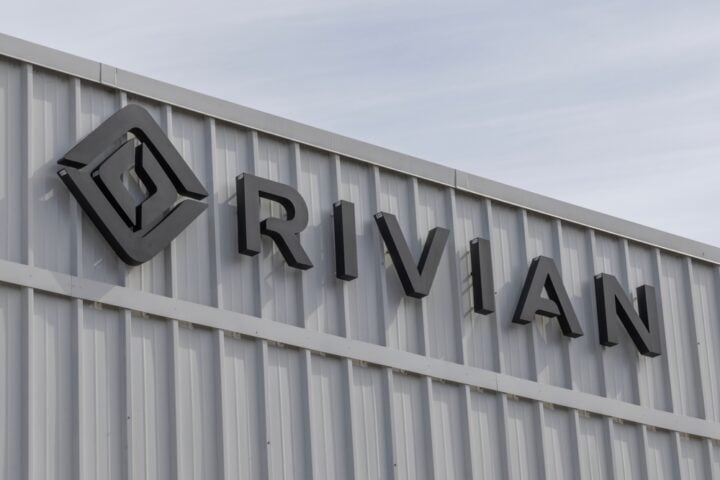Intel shareholders are seeing a rare glimmer of optimism as Apollo Global Management is reportedly preparing a $5 billion equity-like investment in the beleaguered chipmaker. This significant move, as reported by Bloomberg, signals confidence in Intel’s ongoing recovery under CEO Pat Gelsinger. After years of declining profits and a more than 50% drop in its stock price, the potential investment from Apollo could mark a pivotal moment in Intel’s path to resurgence.
Intel’s market capitalization has plummeted by over $100 billion this year, but Monday brought a boost, with Intel’s stock surging 5% in premarket trading following the Apollo news. The company has also been buoyed by recent announcements of a partnership with Amazon Web Services to produce an advanced AI chip and plans to spin off its foundry business. These developments reflect positive momentum for Intel as it fights to reclaim its place in the competitive semiconductor industry.
Apollo’s Vote of Confidence: A Lifeline for Intel?
Apollo Global Management’s potential $5 billion investment is another step in Intel’s restructuring efforts. Apollo, a firm with nearly $700 billion in assets under management, is no stranger to Intel. The private equity giant previously invested $11 billion in a joint venture controlling Intel’s manufacturing facility in Ireland. This additional investment would signal renewed faith in Intel’s efforts to regain market share in a sector increasingly dominated by competitors like AMD and Nvidia.
Intel’s struggles have been well-documented, from its shrinking market share to its inability to meet the growing demand for AI-focused GPUs, where Nvidia remains the dominant force. Apollo’s investment, however, could provide much-needed support and a show of confidence for other investors, particularly as Intel secures funding through the U.S. government’s CHIPS Act, aimed at bolstering domestic semiconductor production.
Qualcomm’s Interest: A Reflection of Intel’s Challenges
Apollo’s potential investment isn’t the only recent headline involving Intel. Reports emerged that Qualcomm is interested in acquiring the chipmaker, sending Intel’s stock up 3.4% on Friday. However, with Intel’s market cap sitting at around $93 billion—less than half of Qualcomm’s—such a deal would face substantial regulatory hurdles. Still, the rumors highlight the pressure Intel faces as it seeks to remain competitive in an industry undergoing rapid transformation.
Once the dominant player in the semiconductor space, Intel has struggled in recent years, losing ground to rivals like AMD, which has outpaced Intel by offering more efficient ARM-based processors. Intel’s foundry business has also lagged behind competitors like Taiwan Semiconductor Manufacturing Company (TSMC), further intensifying concerns about its long-term competitiveness.
Government Support: A Key Factor in Intel’s Recovery
Intel’s importance to the U.S. government cannot be overstated. As a crucial player in national defense and technological leadership, the company has received significant backing from the Biden administration. In recent months, Intel was awarded up to $3 billion in CHIPS Act funding as part of the Secure Enclave program, which is designed to ensure a steady supply of advanced semiconductors for U.S. defense and intelligence operations. This comes on top of the $8.5 billion grant Intel secured earlier this year to help fund new manufacturing plants.
This level of government support may explain Apollo’s willingness to invest heavily in Intel. With both private investment and public backing, Intel is positioning itself to navigate the challenges ahead and maintain its role as a key player in the semiconductor industry.
The Road to Recovery: Is Intel Turning a Corner?
Despite recent stock gains, Intel is still in the midst of a difficult recovery process. The company has initiated a $10 billion cost-cutting plan, which includes the layoff of approximately 15,000 employees. Intel has made strides in repositioning itself, but regaining its former dominance will take time.
However, Apollo’s potential $5 billion investment, coupled with strategic partnerships like the AI chip deal with Amazon and continued government support, could mark the beginning of a genuine turnaround for Intel. These moves suggest that the company is laying the groundwork for future growth, even as it faces stiff competition from other semiconductor giants.
Intel’s Fortunes Improve Amid Investment and Acquisition Talks
Intel’s recent stock performance reflects growing optimism that the company’s fortunes are on the upswing. The possibility of a $5 billion investment from Apollo Global Management, coupled with Qualcomm’s rumored interest in an acquisition, suggests that Intel may be on the verge of a meaningful recovery. While challenges remain, including fierce competition and market shifts, the combination of private investment and strong government backing could help Intel regain its footing in the semiconductor industry. The coming months will reveal whether Intel can capitalize on this momentum and secure its place among the top chipmakers once again.







